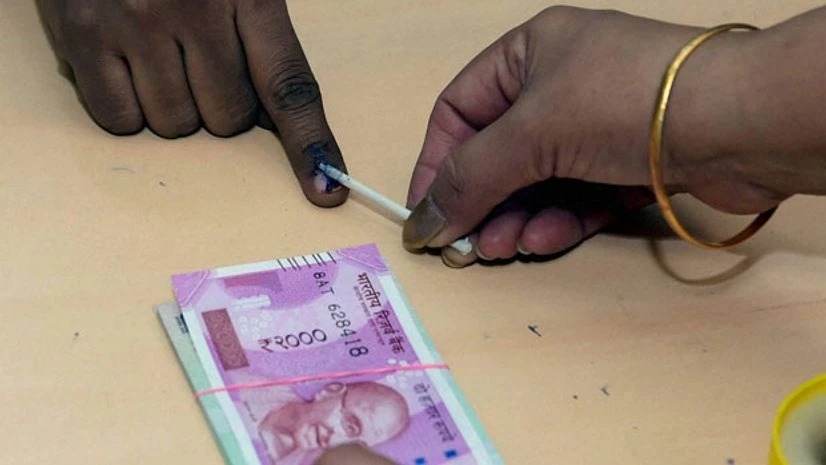A Russian diplomat in New Delhi reportedly criticised the Centre's demonetisation policy by sending out a protest letter against a cash withdrawal cap of Rs 50,000 to the Indian government. Kazakhstan, Ukraine and Sudan have signed letters of protest demanding that diplomatic staff be exempted from the withdrawal limit of Rs 50,000 per week, reported the Economic Times.
Russian ambassador to India, Alexander Kadakin in his letter to the Ministry of External Affairs: "With so little cash, ou can’t even have a decent dinner, forget running regular diplomatic business."
He added, “Please just imagine if we in Moscow mirror this order of SBI (State Bank of India) when 50,000 roubles will not be enough to pay for a decent dinner in a restaurant, not to mention functioning of such a big embassy as ours in New Delhi or India’s in Moscow.”
He added, “Please just imagine if we in Moscow mirror this order of SBI (State Bank of India) when 50,000 roubles will not be enough to pay for a decent dinner in a restaurant, not to mention functioning of such a big embassy as ours in New Delhi or India’s in Moscow.”
According to the ET report, the offices of various embassies in the national capital are finding it difficult to carry out diplomatic events.
The MEA, for its part, has said that it is working to find a solution to the problems faced by diplomats in India.
On December 4, Hindustan Times reported that the Pakistan High Commission was facing troubles paying salary to staff members. Pakistan High Commission officials were allegedly not being allowed to withdraw their salaries and were being asked for 'letters of purpose' for withdrawal of any dollar amount.
More From This Section
Pakistan had raised the issue last week has asked the Indian government to intervene and resolve the issue, lest Indian diplomats abroad will face similar restrictions.
ALSO READ: Have nothing to do with Pak High Commission's salary issue, says India
It had also said that placing such restrictions is a violation of the Vienna Convention of 1961.
ALSO READ: Have nothing to do with Pak High Commission's salary issue, says India
It had also said that placing such restrictions is a violation of the Vienna Convention of 1961.
The Vienna Convention on diplomatic relations of 1961 is an international treaty recognising the special privileges of diplomatic missions in host countries. The treaty was finally implemented on 24 April, 1964 and was meant to ensure the smooth functioning of diplomatic missions across the globe.

)
